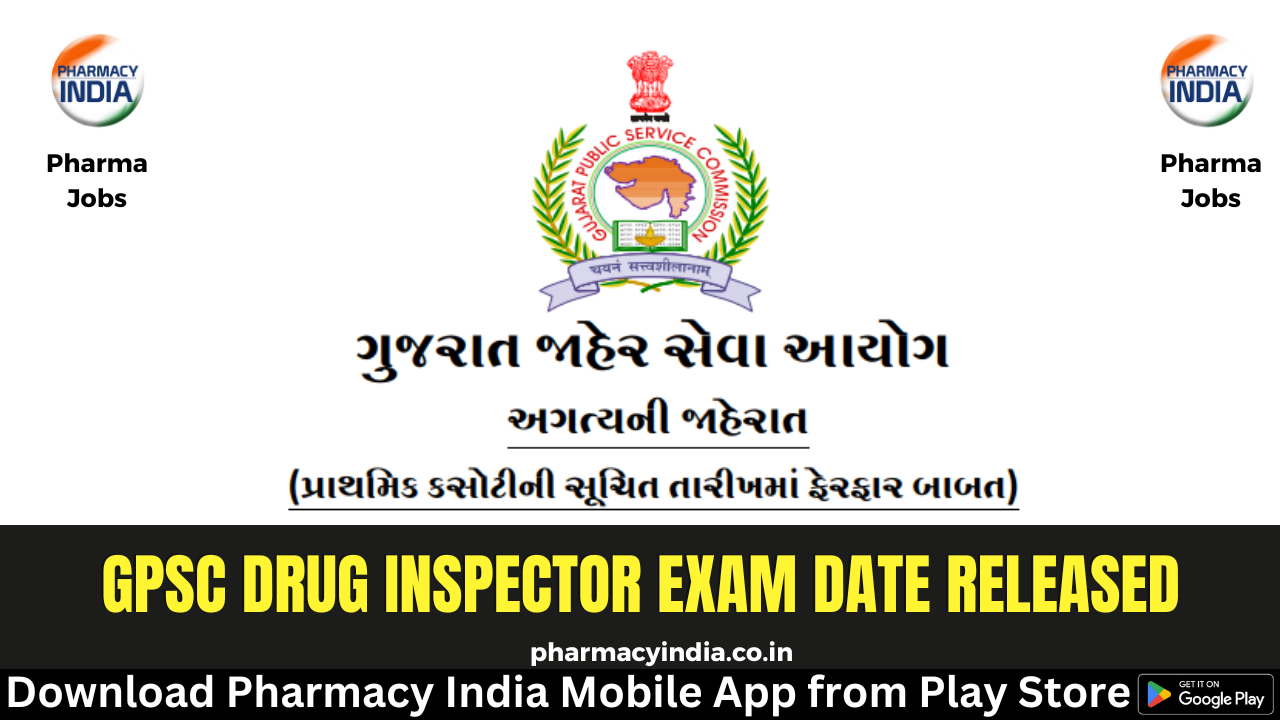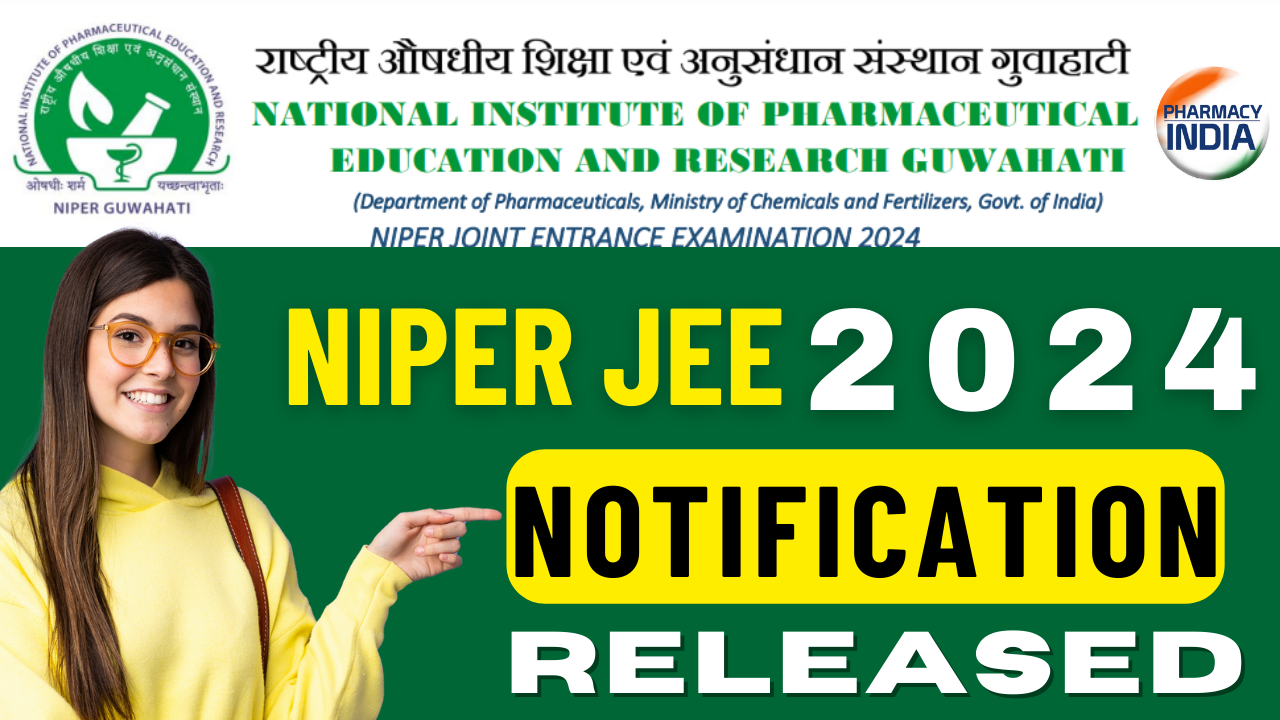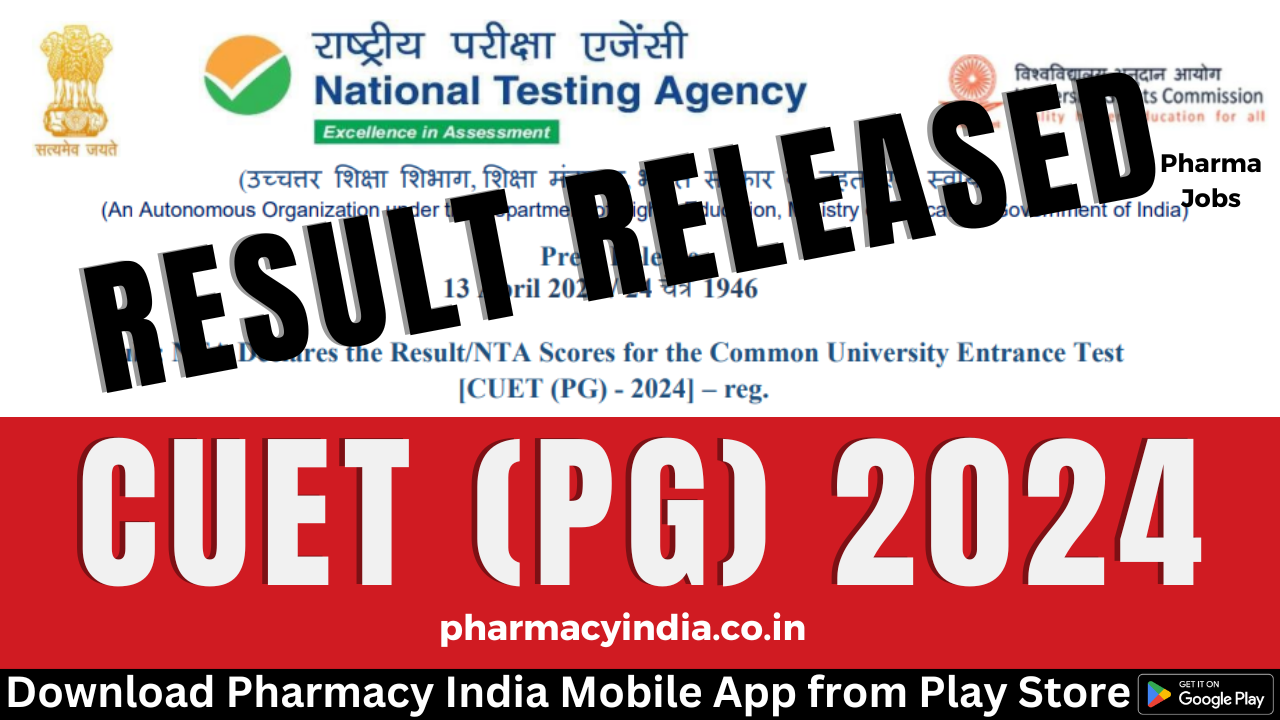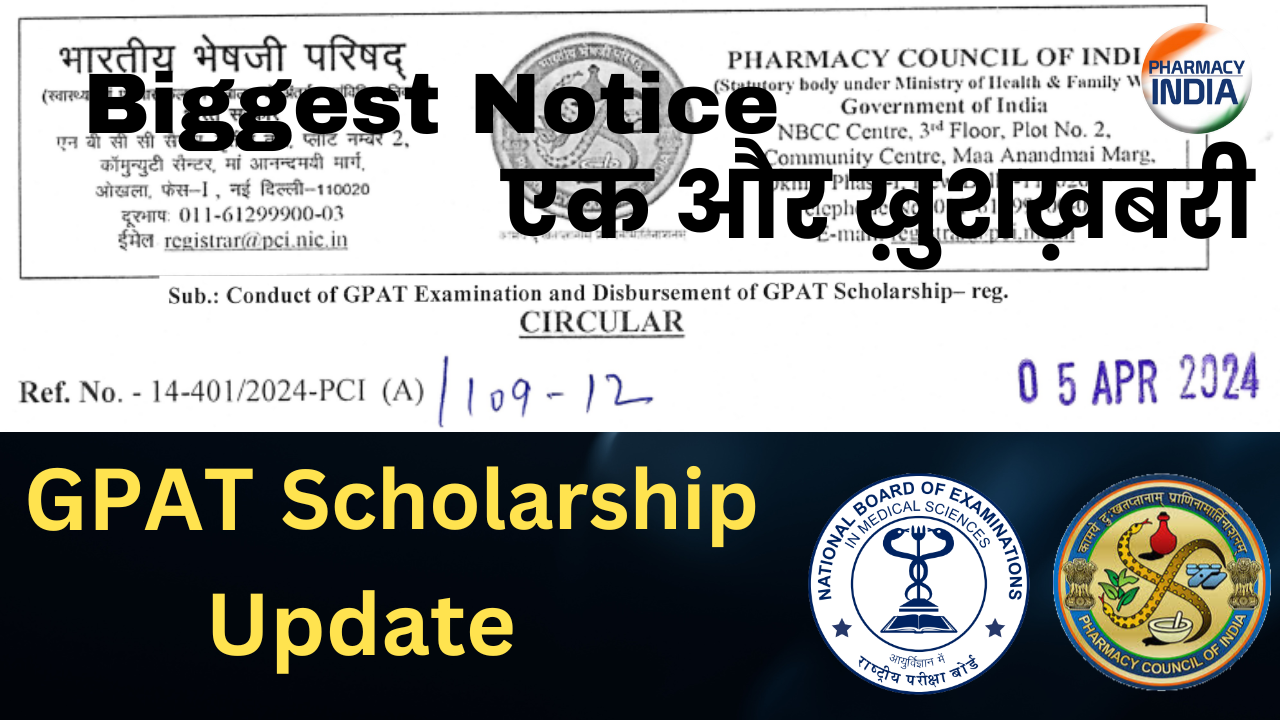Online pharmacies, including Tata 1mg, have received a show cause notice from the Drug Controller General of India (DCGI) for allegedly stocking and selling drugs in violation of the Drugs and Cosmetics Act, 1940 and Rules. This has once again brought to light the long-standing problem of the absence of regulations on e-pharmacies under the country’s current drug regulations. It’s interesting that this is happening at the same time as the government is establishing rules for the purchase of drugs online.
The DCGI Dr. V. G. Somani stated in a notice dated February 8 that his office has periodically received representations expressing concern about the sale of drugs through online, internet, or other electronic platforms, including various mobile applications, in violation of the provisions of the Drugs and Cosmetics Act, 1940, and Rules there under. On December 12, 2018, the High Court of Delhi issued an injunction against the online sale of medicines without a prescription.
The notice demanded that the companies give justification within two days of the notice’s issuance as to why no action should be taken against them for selling, stocking, exhibiting, offering to sell, or distributing drugs in violation of the provisions of the 1940 Drugs and Cosmetics Act and its implementing rules. The notice also stated that required action would be taken against you without further notice “in case no reply is received, it will be believed that you have nothing to say in this subject.”
The online sale includes medications listed in Schedules H, H1, and X, which may only be purchased with a valid prescription from a licenced physician and delivered under the watchful eye of a licenced pharmacist.
The drug regulator explained that, according to the rules, it is illegal for a manufacturer to produce a drug for sale or distribution, sell, stock, exhibit, or offer to sell or distribute it, unless they do so in accordance with the terms of a licence issued for that purpose. Rule 64 of the Drugs Rules, 1945 specifies the requirements that must be met before a sale licence is granted, while Rule 65 specifies the licensee’s responsibilities with regard to those conditions. Additionally, Rule 62 mandates that a second application for the grant of a licence must be made to the licencing authority if the medicine is desired to be sold or stocked for sale at more than one location.
The DCGI notification states that a licence must be obtained from the applicable State Licensing Authority and that the licensee must abide by all licence requirements in order to sell, stock, exhibit, or offer to distribute any drugs.
In May and November of 2019, the Central Drug Regulator forwarded the Delhi High Court’s 2018 ruling to all State and Union Territory drug controllers for any necessary action and compliance. On February 3, 2023, the order was transmitted to the State drug regulators once more, but the DCGI claims that despite this, online players are still found to be engaging in these operations without a licence.
Without a licence, such sales activities through mobile applications, the internet, or other electronic platforms “have the potential to affect the quality of drugs and pose risk to public health due to potential drug misuse through self-medication, indiscriminate use of the drugs, etc.,” added the DCGI.
It should be noted that the All India Organisation of Chemists and Druggists (AIOCD), the largest trade association for pharmaceutical products in the nation, has been fighting against online medicine sales since they believe it poses a risk to public health. In the Delhi High Court, Madras High Court, among other courts, petitions were filed against internet sales of medicinal products, raising concerns about the absence of legal support for such sales in the nation. Contacting the executives of some of the biggest e-pharmacy companies in the nation did not immediately generate a response.
It is interesting that the notice was published at a time when the government is working to introduce the New Drugs, Medical Devices and Cosmetics Bill, which includes provisions for online pharmacy companies. A draught of the bill was published last July. Leaders in the industry, like Tata Group, Amazon, Flipkart, and others, have already made investments in the e-pharmacy and online health markets because they believe that the digital format will have a promising future in the nation’s healthcare market.
In response to a question in the Lok Sabha on February 3, 2023, Minister of State for Health and Family Welfare Dr. Bharati Pravin Pawar stated, “In order to regulate the online sale of medicines comprehensively, the Government of India has published draught rules for encouraging remarks from public/stakeholders for amendment to the Drugs and Cosmetics Rules, 1945 for integrating provisions relating to regulation of sale and distribution of drugs through e-pharmacy.
The minister continued, “The proposed rules contain provisions for registration of e-pharmacies, periodic inspection of e-pharmacies, procedure for distribution or sale of drugs through e-pharmacies, prohibition of advertising drugs through e-pharmacies, complaint redress mechanism, monitoring of e-pharmacies, etc.
The e-Pharmacy market in India is anticipated to expand at a higher compound annual growth rate (CAGR) of about 40–45% in the future, supported by rising internet penetration, the use of digital payments, and government backing, according to a KPMG–FICCI report from 2022.
With increasing internet penetration in the nation, the e-pharmacy market was valued at $344.8 million in 2021 and projected to rise at a strong CAGR of 21.28 percent between 2021 and 2027. According to another report, the sector would have more than 50 participants in the nation by 2020.
“E-pharmacies are predicted to have enormous growth potential and to keep expanding in India. According to the KPMG-FICCI analysis, the expansion of this business will be fueled by a number of important reasons, including rising industrial investments and medical spending as well as government initiatives.
The Indian Medical Association (IMA), in a white paper on online pharmacies published in 2022, stated that it is opposed to the establishment of online pharmacies in the nation because they will encourage the substitution of less expensive and substandard medications by online stores and compromise the confidentiality between doctors and patients.
“This will encourage patients to repeatedly fill the same prescription without the doctor’s oversight. This can lead to a variety of negative drug-related consequences and will promote drug misuse and excessive use of addictive substances. When a patient abuses this facility, the doctor will still be held medically liable, it stated.
The white paper said that because there are no clearly defined rules specifically governing online pharmacies, this will encourage drug abuse, misuse, self-medication, and other problems.






